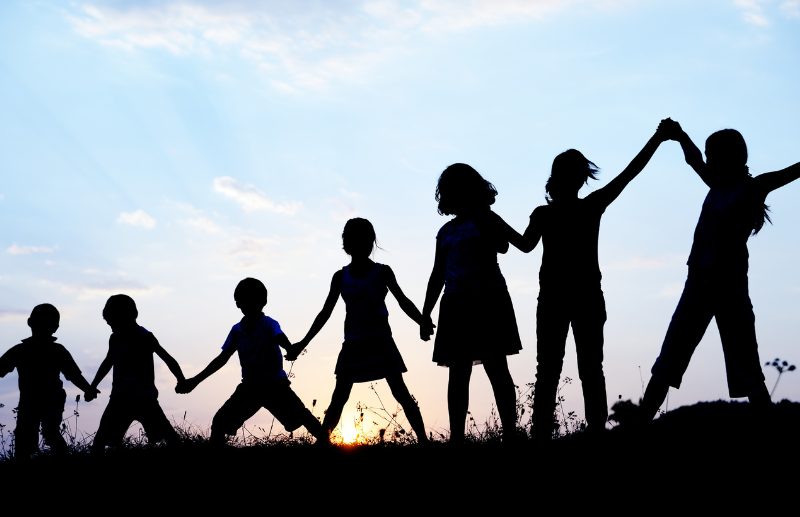A DDA STANDARD - WHAT IS FAIR
This law applies in all areas of public life, and specifically access to public premises. This means that premises and related facilities should not impede the use in any way by people with disabilities.
This law applies in all areas of public life, and specifically access to public premises. This means that premises and related facilities should not impede the use in any way by people with disabilities.
We all know why we're here today. You're here because men aren't seeing enough of their children, that after divorce they're lone fathers if they're lucky and cheque books on legs if things turn out badly. Sadly, there are some men who just disappear as dads altogether.
Good morning, and thank you for the opportunity to speak at this conference. I'm very pleased to be here. Firstly as a senior Commonwealth public servant not based in Canberra I immediately warm to this forum. The challenges of interacting with, and learning from, our colleagues are increased greatly by the fact that we aren't located in the city viewed by most commonwealth public servants as the centre of the universe.
Being a young person can be tough. Sometimes it can feel like you don’t have a say about things that affect you. But you do! Having a say is one of your rights. Understanding your rights will give you the power to stand up for yourself and the people around you. So, let’s break down what children’s rights are.
Human rights are special protections that help us live a happy, healthy life. Human rights protect the things that we should all have—like clean water and safety. Your rights should always be respected and never taken away from you.
Human rights are universal and equal. Which means:

Children have special rights to meet their special needs. They are written down in an agreement made by world leaders in 1989—the United Nations Convention on the Rights of the Child.
1. Introduction 2. Emergence of International Human Rights 3. Impact of international human rights law on federal law 4. Moving forward on human rights protection
By way of preamble, it is clear the current climate of terrorism obviously requires governments to put in place measures that can effectively deal with a serious terrorist threat or event as soon as it is detected. Parliament cannot wait until potential dangers eventuate. It is understandable – indeed it is necessary in advance - to put in place measures that can deal with the worst case scenario that could arise.
Discover a speech on the outcomes of the National Human Rights Consultation.
Discover a speech on asylum seekers.
The Australian Human Rights and Equal Opportunity Commission (hereafter the Australian Human Rights Commission) is one of the oldest National Human Rights Institutions in the Asia Pacific region. It was originally established in 1981 as the Human Rights Commission and then restructured in 1986 to become the Human Rights and Equal Opportunity Commission. It is a founding member and a strong supporter of the Asia Pacific Forum of National Human Rights Institutions.
Union, University and Schools Club * check upon delivery Introduction Thank you to the Union, University and Schools Club for inviting me to speak and to Dr Mary Forbes for reaching out to. This is a wonderful event. Full of pride, full of celebration—and full of women and supportive men! Let me...
I would like to acknowledge the Gadigal People, the traditional owners and custodians of the Eora Nation and pay my respects to their elders past and present.
I would like to begin by acknowledging the Arrernte people – the traditional owners of the land we are meeting on today and by paying my respects to their ancestors.
May I also congratulate the organisers for convening this important Forum. We know that rates of diabetes among indigenous peoples across the globe, and in Australia, are extremely high and require specific, focused attention. And we also know that we need action urgently.
Thank you for attending this press conference to discuss the release of the Social Justice Report and Native Title Report for 2002. As you would be aware, these reports are the annual report card on the government's performance on Indigenous issues and native title.
The story in my hand is the saddest of all stories. It is the story of children taken from their mothers and fathers and families. It is the story of mothers and fathers and families who lost the most precious thing in their lives. Their children.
Visit our media centre for up to date contact details for all media enquiries.